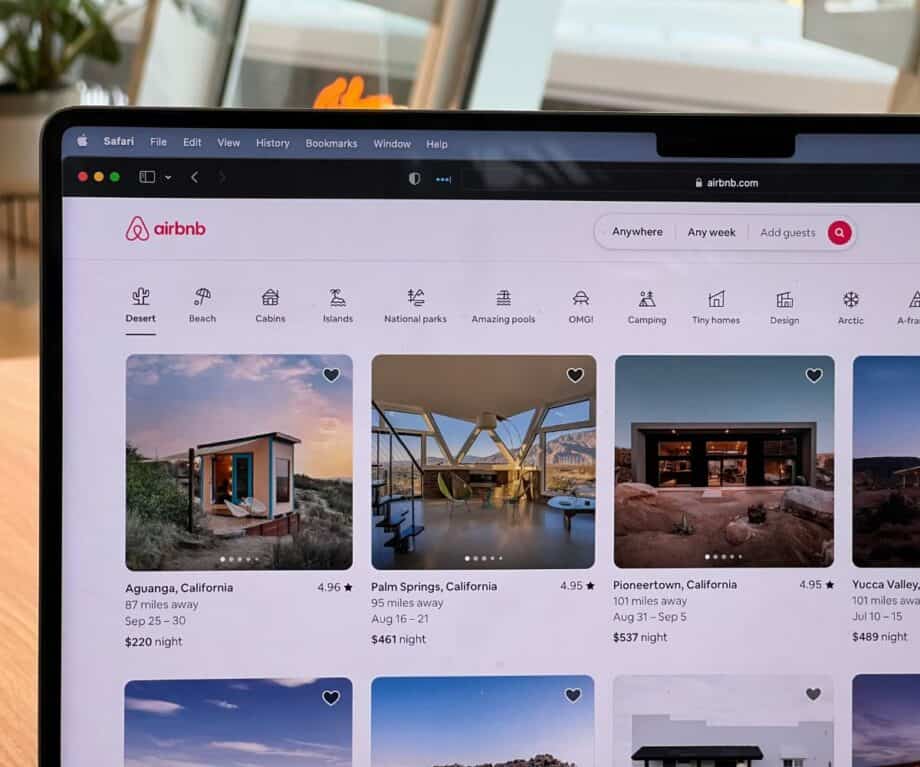In the evolving landscape of travel accommodations, the choice between booking directly with hosts or through third-party platforms holds more significance than many travelers realize. It’s tempting to rely on the familiar interfaces of giants like Airbnb, Vrbo, or Booking.com, but beneath their polished surfaces lie complex economic and ethical implications that deserve scrutiny. While convenience and extensive choice are undeniable perks of third-party booking sites, they often come at a hidden cost—to both the traveler and the local host community. Recognizing this dichotomy invites a fundamental reappraisal of how we approach travel planning, emphasizing genuine value over superficial ease.
By examining the underlying mechanics, it becomes abundantly clear that booking directly isn’t just a matter of dodging commissions; it’s a pathway toward cultivating authentic relationships, gaining better terms, and fostering sustainable local economies. The empowerment derived from direct communication unlocks personalized service, customized rates, and a level of trust often absent from corporate platforms. Conversely, relying solely on third-party sites can inadvertently entrench a transactional mindset, reducing hosts to faceless entities and travelers to mere consumers within a commodified system.
Beyond the Surface: The Hidden Benefits of Direct Engagement
One of the most compelling reasons to prioritize direct booking is the potential for substantial cost savings. Because third-party agencies charge commissions—sometimes as high as 15-20%—they inflate prices to cover their overheads and profit margins. These additional costs rarely benefit travelers directly; instead, they diminish the funds that go straight into the pockets of property owners. When you contact hosts directly—whether via social media, personal websites, or email—there’s often room for negotiation. Owners, eager to fill vacancies and build repeat clientele, may offer discounts or tailored packages that aren’t advertised elsewhere.
Moreover, direct communication fosters transparency and trust. When booking through a third-party platform, details about property features, accessibility, or local nuances can be limited or deliberately obscured. Owners, however, have intimate knowledge of their properties and surroundings. Engaging directly allows travelers to ask specific questions—regarding mobility accommodations, pet policies, or nearby attractions—and receive honest, detailed responses. This level of personalized service ensures that accommodations genuinely meet individual needs, minimizing surprises upon arrival.
Flexibility in policies is another significant advantage. Hosts who handle their bookings independently often have the authority to modify payment schedules, offer flexible cancellation terms, and accommodate special requests. The rigidity of third-party booking terms can sometimes leave travelers feeling trapped or misled, especially if unforeseen circumstances arise. By establishing a direct line of contact pre-arrival, travelers can craft a booking experience that’s aligned with their unique situation, promoting peace of mind and a more relaxed planning process.
Furthermore, investing in direct bookings supports local economies and independent entrepreneurs. Unlike large corporations—whose profits often siphon off to distant shareholders—local hosts reinvest earnings into the community. They can refurbish properties, support local businesses, and maintain authentic hospitality standards that multinational platforms can’t replicate. This direct financial flow nurtures small economies and preserves the cultural fabric of popular destinations, ensuring that tourism benefits everyone, not just corporate giants.
The Allure and Challenges of Third-Party Platforms
Despite these advantages, third-party booking platforms undeniably offer a streamlined, user-friendly experience. Their extensive property listings, standardized review systems, and secure payment protocols lend a sense of security and convenience. For travelers venturing into unfamiliar territories, these platforms serve as invaluable tools for quick comparisons and last-minute bookings. Their sophisticated algorithms and loyalty programs can incentivize repeat business, creating a sense of familiarity and reward.
However, there’s a darker side. The reliance on third-party platforms can diminish the personal connection that enhances travel experiences. Review systems, though helpful, are often manipulated or suffer from bias, creating an illusion of trustworthiness that can sometimes be misleading. Moreover, prices listed on these sites are not always transparent; hidden fees or marking up rates to compensate for commissions can strain budgets unexpectedly. Also, the corporate-centric model may prioritize quantity over quality, leading to oversaturation of listings with less-than-ideal properties.
Security and dispute resolution are also noteworthy concerns. While third-party sites do provide frameworks for conflict resolution and guarantee secure payments, they can be rigid or slow to respond when issues arise. Travelers may feel disempowered in cases of misrepresentation or damage, especially if disputes need to be escalated through multiple layers of bureaucracy. Loyalty programs, although attractive on paper, may not compensate for the hidden costs or compromises made in the process.
Empowering Travelers: Strategies to Maximize Value
For the discerning traveler, the ideal approach is to leverage the strengths of both booking methods. Begin your search on trusted third-party platforms: browse, compare, and shortlist attractive properties based on reviews and amenities. Once you’ve identified a promising option, take the extra step to find out if the owner offers direct booking options—be it through their website, social media, or contact details provided elsewhere. Reaching out directly allows for negotiations, clarifications, and the establishment of rapport that enhances your entire stay.
It’s also crucial to verify the terms of any agreement, regardless of booking method. Travel insurance becomes a non-negotiable safeguard against unforeseen events—cancellations, accidents, or disruptions that are beyond anyone’s control. Being informed and prepared ensures that your journey remains enjoyable and stress-free, whether booked directly or via a third-party platform.
In the end, the true power lies with the traveler. By making informed choices, advocating for transparency, and supporting local businesses, we redefine what meaningful travel means. The balance between convenience and authenticity, efficiency and trust, can be achieved, provided we approach bookings with intentionality and critical awareness.










Leave a Reply